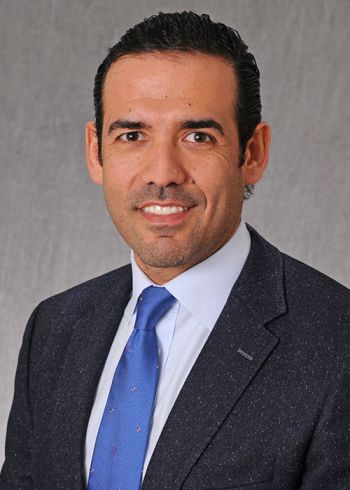
WASHINGTON (May 29, 2018) — When faced with the possibility of having to undergo gynecologic surgery, women rely on the guidance of their OBGYN providers to provide the best recommendations. More than 500,000 women undergo hysterectomy each year, in addition to those who have other gynecologic surgeries. However, many gynecologic surgeons do not regularly practice the most up-to-date minimally invasive surgery.
Experts at the George Washington University (GW), led by Gaby Moawad, MD, assistant professor of obstetrics and gynecology at the GW School of Medicine and Health Sciences, outlined some of the concerns and proposed solutions for choosing a surgeon in an article recently published in the Journal of Minimally Invasive Gynecology.
The article identifies the difference between high volume surgeons (HVS), who meet volume thresholds, and low volume surgeons (LVS), who do not. The authors look at a database study that found that a disproportionate number of high complexity cases were being managed by LVS, even in areas where HVS are readily accessible.
“Women interact with their OBGYNs more frequently and for a longer span than most other doctor-patient pairings,” said Moawad. “They should feel comfortable knowing that they will receive the best care possible whether they are undergoing surgery for hysterectomy or gynecologic cancer.”
Programs have been introduced in the past to address the volume issue, but were ultimately unsuccessful across the board. The authors recommend continued education to help LVS improve their volume status, while allowing patients to see HVS for their surgical needs to ensure lower risk for complications. Moawad also proposes that the best way to help female patients in their decision making process by creating a standard, uniform, and unbiased way of reporting patient outcomes.
“The question now is ‘How do we optimize patient safety and not jeopardize the practices of low volume surgeons?’” Moawad said. “Bettering the decision making for female patients matters for women and it also matters for the medical profession as a whole.”
The article, titled “Ethical Considerations Arising from Surgeon Caseload Volume in Benign Gynecologic Surgery,” published in the Journal of Minimally Invasive Gynecology.


